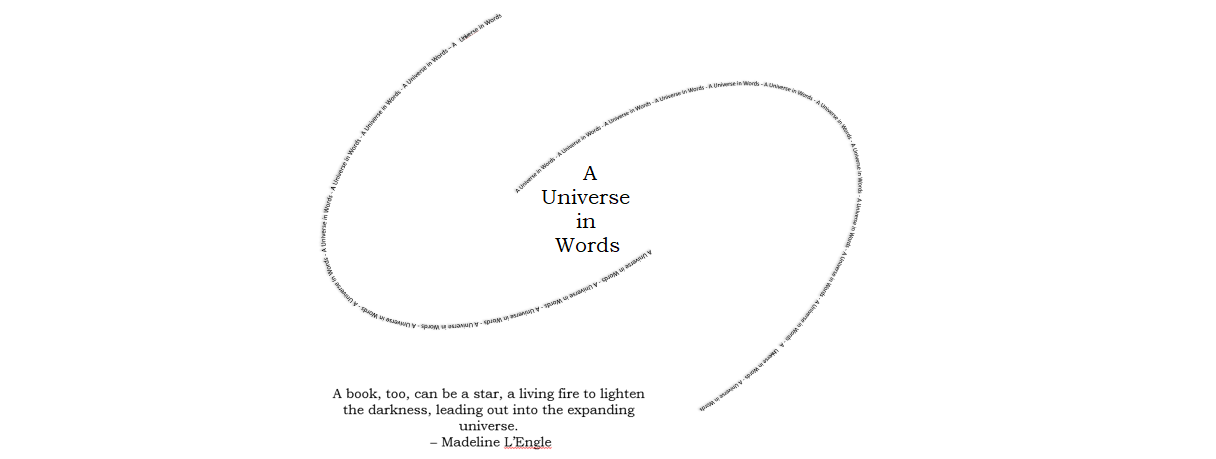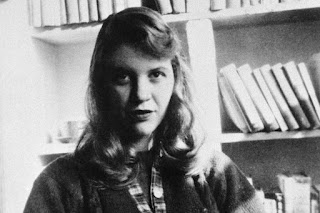War & Peace #5: I.iv.7 - I.v.10
It has been ages since I read and wrote about War and Peace so I thought it was high time to get back to my read along. I'm still having a difficulty connecting to War and Peace the way I did with Les Mis after a few weeks, but maybe I just need to actually stick with it this time around. If you'd like, hop over to my last post to catch up with what has happened because otherwise the below points won't make as much sense as I would like. So, here's post #4 in the read along.
Summary of Chapters:
We ended our last section after the Battle of Austerlitz, at which Prince Andrew disappeared. In this new section, Prince Andrew makes a miraculous return, after being presumed by his family, just in time to see his wife Lise go into labour and die. It's a strange mix between happiness and sadness. We then move to the Rostovs, to whom Nicholas has only just returned. He brings Denisov and Dolokhov with him, which only leads to problem. Dolokhov falls in love with Sonya, who is still in love with Nicholas and therefore rejects him. This leads to the former getting the latter into enormous amounts of debt. Denisov also decides that Natasha is the best and "accidentally" proposes to her. Only being 15, her mother wisely helps her to reject it. Nicholas eventually returns back to the army, embarrassed about the money he had to ask his father for.
We then hop over to Pierre, now Count Bezukhov, who has left Helene in St. Petersburg. He meets a mysterious man, Bazdeev, who happens to be a Freemason. Pierre is fascinated by it, of course, and on arriving in St. Petersburg he goes through an initiation rite, joins the Freemasons and leaves for one of his estates. Meanwhile Boris has schmoozed his way up the ranks and makes the acquaintance of Helene at a tea party. He "becomes an intimate" at her house, which I assume will be elaborated on. Meanwhile we return to Bald Hills where Prince Andrew's baby son is ill, leading to him being frustrated with himself and his father, Count Bolkonski. Meanwhile Count Bolkonski is at the front, where things are only going worse. We leave War and Peace with Pierre realizing that it's all good and dandy to be a Freemason but that it's more difficult to actually free your Serfs.
Feel of the Chapters:
I still get a very distinct 'soap opera'-feel from the book, which is entertaining but also doesn't go quite as deep as I'd like? There are some moments, such as Pierre's Mason trial or Natasha's experience of a ball, which are absolutely beautifully written and really stay in the mind. There is a lot of working towards moments, making each chapter's ending feel cliffhanger-esque. The novel is very intensely character-based. The characters need to be interacting in order to let the story develop, and as such time flies. As the novel moves between different characters, months pass, practically years. As such, the novel feels a little bit like Game of Thrones.
Some of the novel's most interesting moments are with the Rostov family. Whereas a lot of characters feel corrupted at heart, with their eyes firmly set on improving their positions, the Rostovs largely seem to be quite a cohesive family unit, in the sense that they all love each other. I think Tolstoy is taking his message that people can be bad perhaps a little bit too far because so far I only like one character out of the plethora of characters Tolstoy has offered us.
General Points:
We ended our last section after the Battle of Austerlitz, at which Prince Andrew disappeared. In this new section, Prince Andrew makes a miraculous return, after being presumed by his family, just in time to see his wife Lise go into labour and die. It's a strange mix between happiness and sadness. We then move to the Rostovs, to whom Nicholas has only just returned. He brings Denisov and Dolokhov with him, which only leads to problem. Dolokhov falls in love with Sonya, who is still in love with Nicholas and therefore rejects him. This leads to the former getting the latter into enormous amounts of debt. Denisov also decides that Natasha is the best and "accidentally" proposes to her. Only being 15, her mother wisely helps her to reject it. Nicholas eventually returns back to the army, embarrassed about the money he had to ask his father for.
We then hop over to Pierre, now Count Bezukhov, who has left Helene in St. Petersburg. He meets a mysterious man, Bazdeev, who happens to be a Freemason. Pierre is fascinated by it, of course, and on arriving in St. Petersburg he goes through an initiation rite, joins the Freemasons and leaves for one of his estates. Meanwhile Boris has schmoozed his way up the ranks and makes the acquaintance of Helene at a tea party. He "becomes an intimate" at her house, which I assume will be elaborated on. Meanwhile we return to Bald Hills where Prince Andrew's baby son is ill, leading to him being frustrated with himself and his father, Count Bolkonski. Meanwhile Count Bolkonski is at the front, where things are only going worse. We leave War and Peace with Pierre realizing that it's all good and dandy to be a Freemason but that it's more difficult to actually free your Serfs.
Feel of the Chapters:
I still get a very distinct 'soap opera'-feel from the book, which is entertaining but also doesn't go quite as deep as I'd like? There are some moments, such as Pierre's Mason trial or Natasha's experience of a ball, which are absolutely beautifully written and really stay in the mind. There is a lot of working towards moments, making each chapter's ending feel cliffhanger-esque. The novel is very intensely character-based. The characters need to be interacting in order to let the story develop, and as such time flies. As the novel moves between different characters, months pass, practically years. As such, the novel feels a little bit like Game of Thrones.
Some of the novel's most interesting moments are with the Rostov family. Whereas a lot of characters feel corrupted at heart, with their eyes firmly set on improving their positions, the Rostovs largely seem to be quite a cohesive family unit, in the sense that they all love each other. I think Tolstoy is taking his message that people can be bad perhaps a little bit too far because so far I only like one character out of the plethora of characters Tolstoy has offered us.
General Points:
- I think Tolstoy is a real big fan of Pierre but I somehow find him quite annoying? He is rich, white, and has suddenly discovered he maybe should do some good so he can feel good about himself as well. I don't necessarily like it very much because he's so proud of himself but has no actual knowledge of the world he plays such a big role in. Yes, I could rant about this!
- Lise dying did have an impact in the story, mainly because as a character she had constantly been side-lined by the other characters. When a character dies that everyone's been sort of ignoring it makes you feel bad.
- I always think it's interesting when something like the Freemasons is brought in to add some mystery to their story. Nowadays it is the Illuminati who are the go-to bogeymen, but the rituals and hierarchies of the Freemasons are fascinating so I do see it. I wonder what Tolstoy is planning to do with it.
- This book really is a testament to how people can't live with but also can't live without each other. Everyone is constantly sniping at each other and yet they're also very reliant on each other. Whenever we see a character alone they're in some kind of trouble and need others to get out of it. The only exception so far is Princess Mary, who is still my favourite character.

'"I love you all, and have done no harm to anyone; and what have you done to me?"' p.254This is what the expression on Lise's face has to say to her husband when she dies in childbirth. As I said above, as a character Lise faded into the background a bit. She was a typical "product" of her society, too obsessed with the politeness of court, and everyone shamelessly looked down on her for it. So far this has been the first lesson I've learnt from War and Peace.
'It seemed to him that he had been vicious only because he had somehow forgotten how good it is to be virtuous.' p.276Pierre's mind is blown by Freemasonry and in many ways that is because it comes at the perfect moment for him.




Comments
Post a Comment